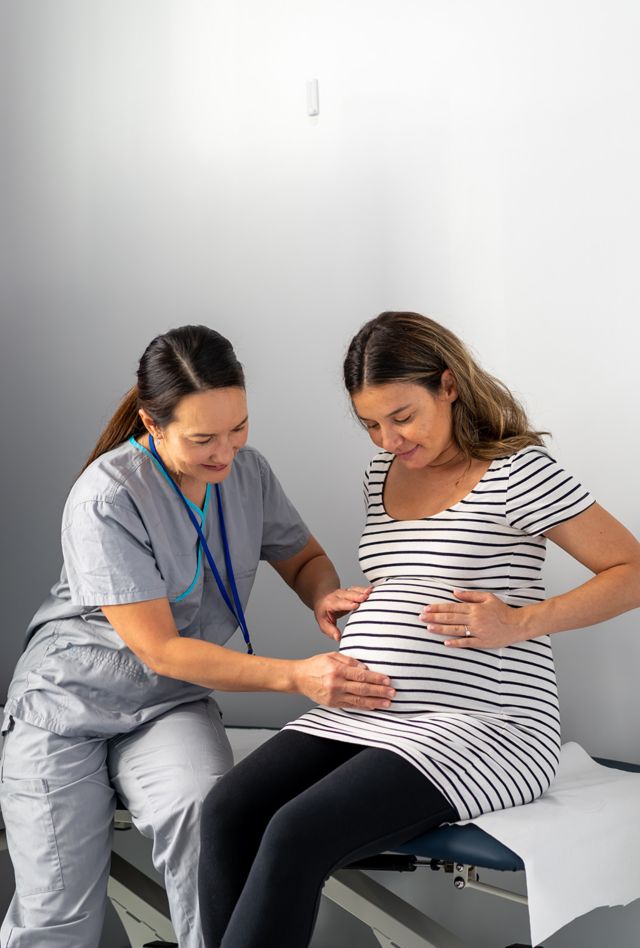Learning System for State & Population Health Models

Problem
Substance use disorder is significantly worsening maternal mortality and child welfare.
Substance use disorder is now the leading cause of maternal mortality in the United States, with devastating consequences for families and communities. Additionally, children with mental health needs and substance use and those with chronic health challenges are often at high risk of poor outcomes due to the disconnect between the health care system and the other community resources and organizations such as schools, foster care, child welfare, and community-based providers that are necessary to support this population.
States and the Center for Medicare and Medicaid Innovation (CMMI) have responded by deploying innovative population health models such as Maternal Opioid Misuse (MOM) and Integrated Care for Kids (InCK). These models aim to improve outcomes for vulnerable populations by integrating care across health systems, child services, and community organizations. However, implementing these models requires navigating complex partnerships and learning how to coordinate care beyond traditional clinical settings.
Solution
NORC and partners developed a learning system to support MOM and InCK participants.
NORC, in partnership with Deloitte and IBM, supported the success of MOM and InCK by developing and operating a robust learning system. This system enabled awardees to share best practices, collaborate on implementation challenges, and access tailored technical assistance. Through webinars, summits, and peer-led events, NORC helped foster a community of practice focused on improving maternal and child health outcomes. Our approach emphasized continuous improvement, data-driven insights, and participant-centered design, ensuring that learning activities were responsive to evolving needs.
Result
The learning system fostered sharing and collaborating on best practices within and across awardees and models.
NORC contributed to the design and delivery of numerous learning events covering topics such as alternative payment models, stakeholder engagement, care coordination, data sharing, and sustainability. We supported two major cross-model summits—one in-person at CMS headquarters in 2023 and one virtual in 2024—that brought together awardees and contractors for peer-to-peer learning. These efforts helped participants implement evidence-based strategies and build lasting partnerships. Although the project concluded in March 2025 due to shifting federal priorities, the learning system laid a foundation for future collaboration and innovation in population health.
This project was canceled in March 2025 because it was no longer a government priority.
Related Tags
Project Leads
-
Lisa R. Shugarman
Senior FellowProject Director







